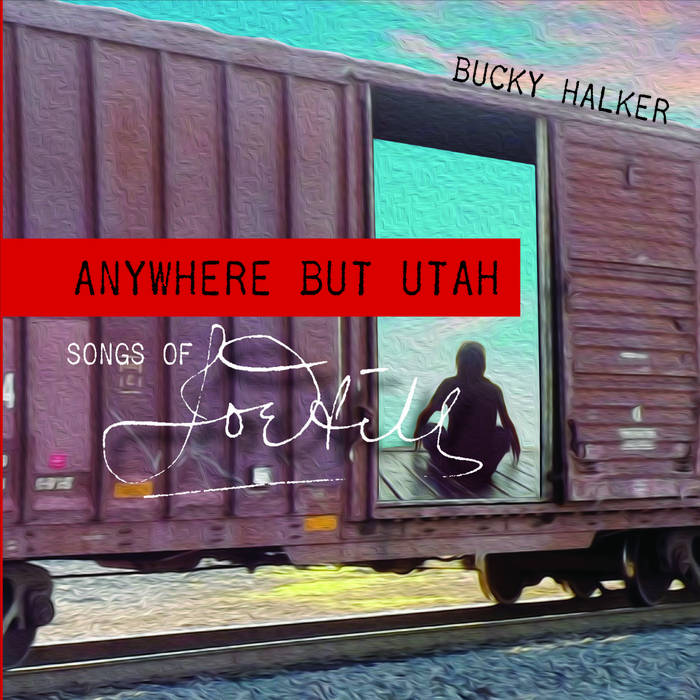What sorts of musical choices did Hill make? What kinds of influences did he draw on?
Hill came from a music-loving family and he also had some musical training as a child before his dad died and the family fell on hard times. He heard a lot of religious music, as his family were strong Lutherans and sometimes attended Salvation Army gatherings. Since hymns were well known, even across sectarian religious (and political) lines, hymn tunes were often used by labor songwriters going back to the mid-19th century. Hill’s use of “In the Sweet By and By” as the tune for “The Preacher and the Slave” was very much in a labor tradition, as was “Nearer My God to Thee” for his “Nearer My Job to Thee.”
Hill also wrote his own music for some of his songs — for his classic “Rebel Girl,” for example. And though he leaned heavily for the music of the “Internationale” for his “Workers of the World Awaken,” he did include clear pieces of his own work in writing that one, too.
But most often he drew on the vaudeville, music hall, early Tin Pan Alley songs that were popular with workers at the time. For “Ta Ra Ra Boom De Ay” he took the tune from a music hall hit by the same name. For “Scissor Bill” he took the tune from “Steamboat Bill,” which was a huge hit at the time and a best-selling early recording.
With all his tune choices, he was like other working-class writers and had the same goal — use tunes that workers knew already for labor songs and then they’d be easy for workers to sing.
Can you give the background of some of the other songs?
“Der Chief of Fresno” grew out of the IWW’s free speech campaign. Fresno was a place where the police were notably confrontational. Hill added his voice to the mix with a piece that appears to have been a chant of sorts. That’s why I added the multiple voices on the words “der chief” whenever it comes around. I like the use of the German “Der” in the title, as if the chief might make a good member of the oppressive Prussian army.
“Stung Right” represents the strong anti-military bent of the IWW, even before the outbreak of World War I. Many immigrant workers had already come from regions of the world where they were drafted and made to fight the battles for the ruling class and were determined to stay out of future such wars. What’s more, many working-class groups saw war as a senseless ruling class fight that only pitted workers against each other. Nationalism was seen as suspect.
